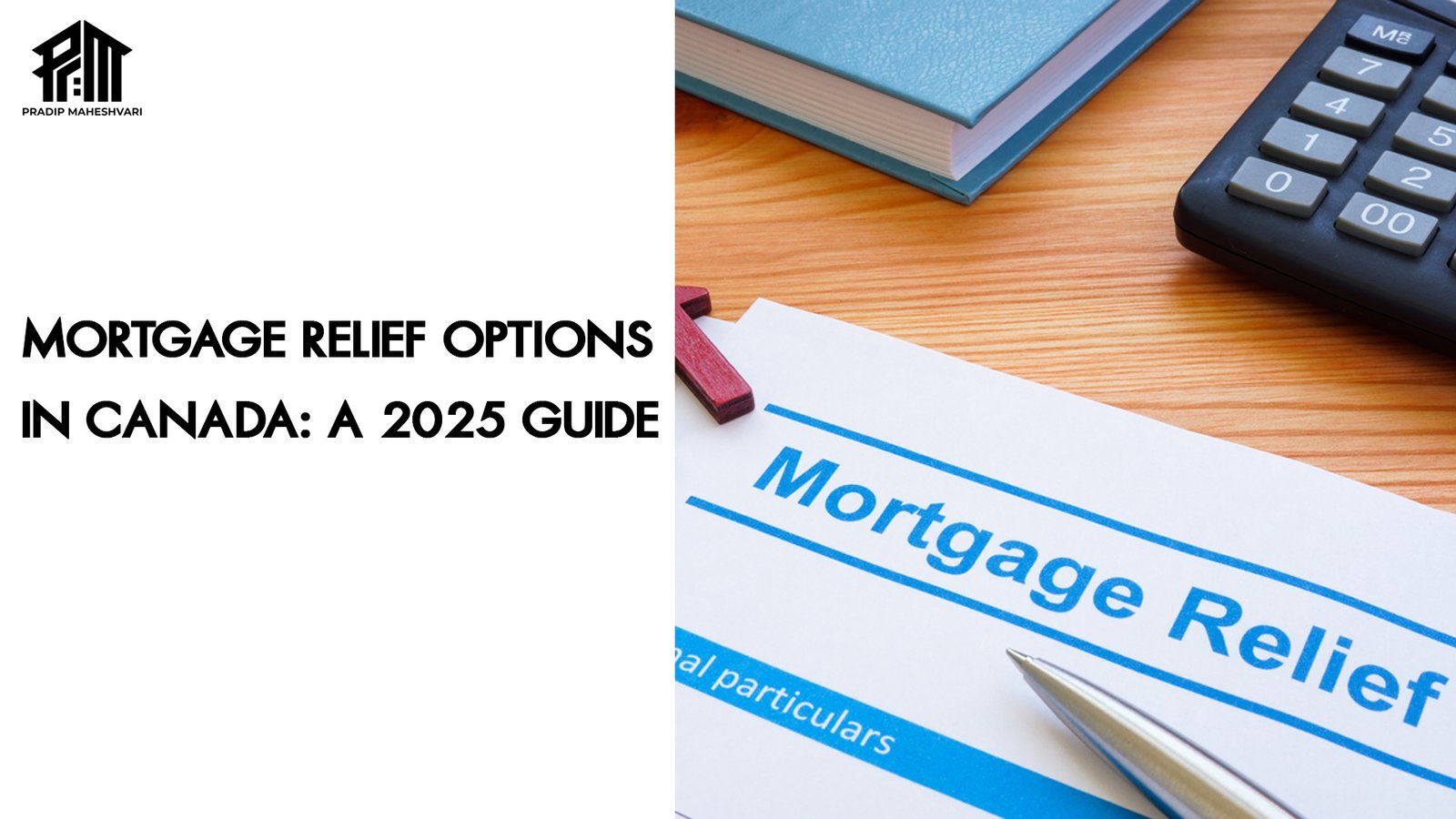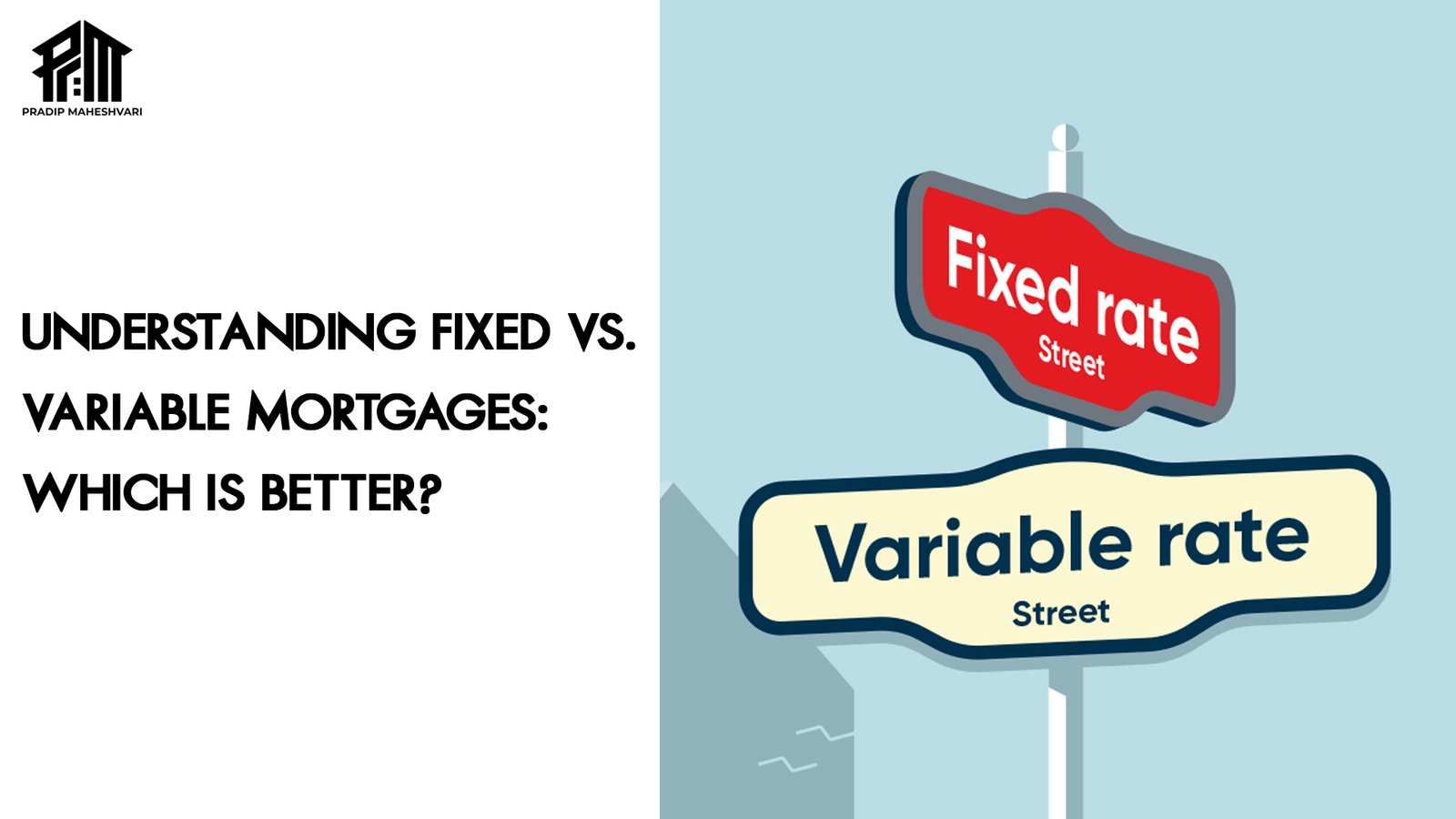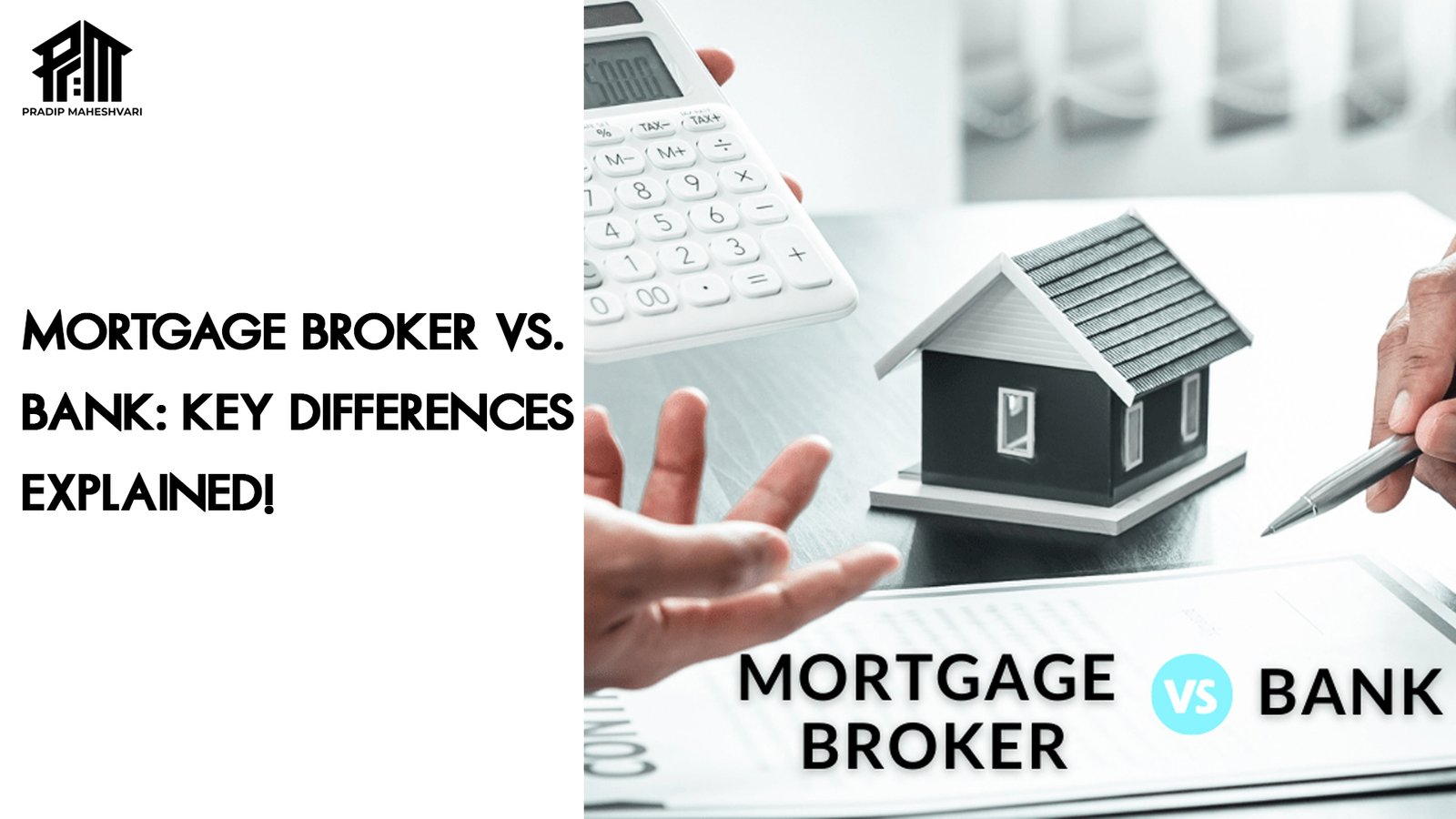Learn the top questions every first-time homebuyer should ask their broker, from mortgage options to penalties, for a smooth buying journey.
Continue readingMortgage Relief Options in Canada: A 2025 Guide
Discover the top mortgage relief options in Canada for 2025. Learn about payment deferrals, refinancing, and government programs to regain control.
Continue readingWhat Happens If You Miss a Mortgage Payment in Canada?
Learn what happens if you miss a mortgage payment in Canada, how to avoid foreclosure, and strategies for late payment forgiveness.
Continue readingEverything You Need to Know About Construction Mortgages in Canada
Looking to build your dream home? Learn all about construction mortgages in Canada—how they work, their pros and cons, and whether it’s the right option for you.
Continue readingDebunking the Top Five Myths About Mortgages in Canada
Discover the truth about mortgages in Canada! Debunk myths, explore down payment options, and learn how brokers like Pradip Maheshvari can help.
Continue readingUnderstanding Fixed vs. Variable Mortgages: Which Is Better?
Choosing the right type of mortgage is one of the most important financial decisions you’ll make as a homeowner. Fixed and variable mortgages are the two primary options, each offering unique advantages. Understanding how they differ will help you align your choice with your financial goals and risk tolerance.
Here’s a detailed guide to fixed and variable mortgages, including their pros and cons, to help you decide what’s best for you:
What Is a Fixed Mortgage?
A fixed mortgage comes with an interest rate that remains constant for the term of your loan. Whether rates in the market rise or fall, your mortgage payments stay the same.
Advantages of Fixed Mortgages
- Predictable Payments: You’ll know exactly what you owe every month, making budgeting easier.
- Stability: Fixed rates protect you from potential market interest rate increases.
- Long-Term Planning: Ideal for those who value consistency and want to lock in low rates.
What Is a Variable Mortgage?
A variable mortgage has an interest rate that fluctuates with the market’s prime rate. Your payments may stay constant, but the portion going toward principal and interest can vary depending on the rate changes.
Advantages of Variable Mortgages
- Potential Cost Savings: Historically, variable rates tend to be lower than fixed rates.
- Flexibility: Some variable-rate mortgages allow you to switch to a fixed rate without penalties.
- Opportunities to Pay Down Principal Faster: If rates decrease, more of your payment goes toward the principal.
Fixed vs. Variable Mortgages: Key Differences
| Feature | Fixed Mortgage | Variable Mortgage |
| Interest Rate | Constant throughout the term | Fluctuates with market prime rates |
| Payment Stability | Predictable monthly payments | May vary based on rate changes |
| Risk Tolerance | Suitable for risk-averse borrowers | Best for those comfortable with risk |
| Long-Term Costs | Higher initial rates but consistent | Potential for savings if rates drop |
| Ideal For | Stable budgets and rising rate periods | Flexible budgets and falling rate periods |
How to Choose Between Fixed and Variable Mortgages?
- Consider Your Financial Goals
- Consider Fixed Mortgage: If You prefer certainty and stability.
- Consider Variable Mortgage: If You can handle some uncertainty and want to potentially save on interest.
- Evaluate Market Trends
- Locking in a fixed rate is often advantageous in a rising interest rate market.
- A variable mortgage might save you money in a stable or declining rate market.
- Assess Your Risk Tolerance
When choosing between fixed and variable mortgages, ask yourself:
- Are you comfortable with payment fluctuations, or
- Would you rather have predictable payments?
Conclusion: Let Pradip Maheshvari Mortgages Simplify the Choice
Choosing between a fixed and variable mortgage doesn’t have to be overwhelming. Each option has its own benefits depending on your financial goals, market conditions, and risk tolerance. At Pradip Maheshvari Mortgages, we specialize in helping clients navigate these complexities.
Get In Touch Now to find the perfect mortgage solution tailored to your situation!
You Might Also Like:
Mortgages for New Immigrants: Build Your Canadian Dream
Discover how new immigrants in Canada can secure a mortgage, overcome challenges, and achieve their dream of homeownership with expert guidance.
Continue readingMortgage Broker vs. Bank: Key Differences Explained!
When it comes to securing a mortgage, deciding between a mortgage broker and a bank can feel overwhelming. While both options help you secure financing for your home, the approach and benefits they offer differ significantly.
Here’s a detailed breakdown to help you understand the differences and make the best choice for your unique needs.
What Does a Mortgage Broker Do?
A mortgage broker acts as a middleman between you and multiple lenders. They evaluate your financial situation, shop around for the best mortgage rates, and help you navigate the application process.
Advantages of Using a Mortgage Broker
- Access to Multiple Lenders: Brokers have relationships with various lenders, including banks, credit unions, and private lenders, giving you more options.
- Customized Solutions: They can tailor mortgage products to your specific needs, such as for first-time homebuyers, self-employed individuals, or those with low credit scores.
- Expert Guidance: Brokers are licensed professionals who understand complex mortgage rules and can simplify the process for you.
Pro Tip: Always verify that your broker is licensed and check their track record to ensure you’re working with a reputable professional.
What Does a Bank Offer?
When you work directly with a bank, you’ll apply for a mortgage through one of their in-house advisors. The bank funds and services the mortgage directly.
Advantages of Using a Bank
- Simplicity and Familiarity: If you already bank with them, the process might feel straightforward and familiar.
- In-House Products: Banks offer their proprietary mortgage products, which may include discounts for existing customers.
- Speed: Pre-approvals and approvals may be quicker due to direct processing.
Mortgage Broker vs. Bank: Key Differences
| Feature | Mortgage Broker | Bank |
| Options | Access to multiple lenders | Limited to in-house products |
| Customization | Tailored solutions | Standardized offerings |
| Rates | Potentially lower rates through competition | Fixed rates based on their policy |
| Flexibility | Works for borrowers with unique situations | May have stricter requirements |
When to Choose a Mortgage Broker Over a Bank?
- You Want Better Rates: Brokers can often negotiate competitive rates by comparing offers.
- Your Situation Is Unique: For those who are self-employed or have lower credit scores, brokers can find specialized products.
- You Value Guidance: Brokers provide personalized advice and can save you time in finding the right lender.
Conclusion: Let Pradip Maheshvari Mortgages Handle the Complex!
Choosing between a mortgage broker and a bank depends on your financial situation, preferences, and goals. A mortgage broker offers access to multiple lenders and tailored solutions, while a bank provides in-house products and simplicity.
At Pradip Maheshvari Mortgages, we specialize in personalized mortgage solutions. Whether you’re a first-time homebuyer or seeking a customized plan, we guide you every step of the way to secure the best deal.
Get In Touch & Explore Your Mortgage Options!
Read Also:
Equity Take Out vs. Mortgage Refinancing: What’s Your Take?
Everything You Need to Know About HELOCs in Canada
Learn how Home Equity Lines of Credit (HELOCs) work, their benefits, and how to use them effectively to unlock your home equity in Canada.
Continue readingHow to Access Home Equity In Canada: All Ways Explained!
Discover all the ways to access home equity in Canada, including HELOCs, refinancing, and more. Learn which option is best for you!
Continue reading









